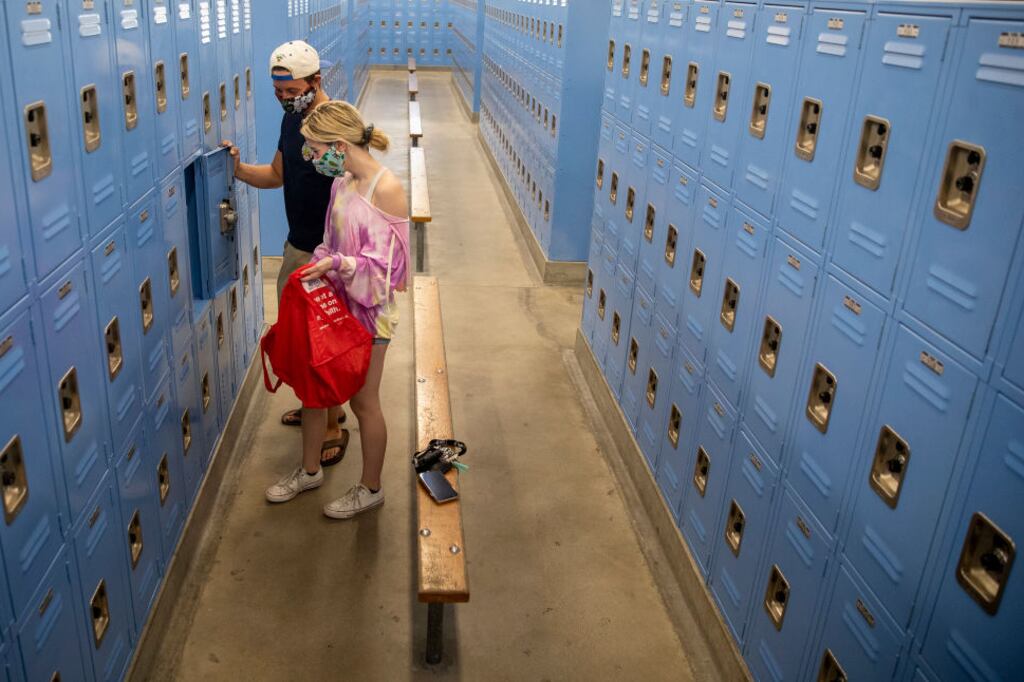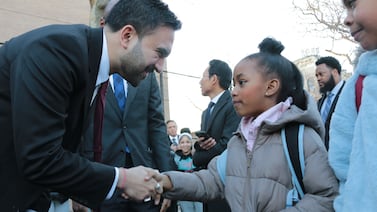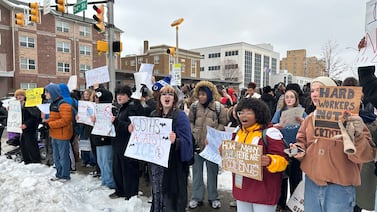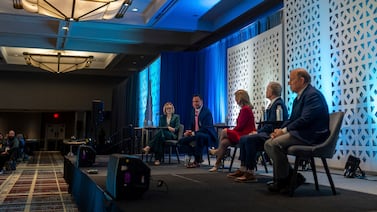In the midst of a crisis, there is a tendency to look for rays of hope for a better future. In the case of the coronavirus pandemic, we are optimistic that some of the temporary changes we are seeing in how the philanthropic world is operating now might lead to long-term improvements in educational giving.
Prior to our current roles at The Moriah Fund, a private foundation with a goal of improving access to quality educational opportunities for at-risk students, we worked in and ran education nonprofits. In those roles, we experienced extreme difficulty in getting nonprofits to work together toward shared or overlapping goals.
We attributed this to the fact that so many nonprofits were competing for the same scarce dollars from the same foundations. Many of those foundations, meanwhile, didn’t incentivize nonprofits to help one another. In fact, the way it worked meant that nonprofits with similar goals often missed opportunities to work together and, at times, even worked at cross purposes in order to try to distinguish themselves in the eyes of their funders. And since funders have far more power in these interactions, the onus is now on us, as philanthropic partners, to create the conditions that lead to coordination and collaboration, not competition.
At Moriah, even before the outbreak of COVID-19, we were trying to find ways to approach our work differently and see what we, as a modest private foundation, could do to help.
As the outbreak began, we immediately reached out to our grantees, nearly 60 in all, to see if they needed Moriah to accelerate our grants and get them money now, versus in our typical June and December grant cycles. Needless to say, we ended up paying out more than 60% of our 2020 grants before the end of March — much sooner than we otherwise would have and often without proposals in place until after the checks were cashed.
In addition, we convened all of the grantees from our education program on a recent weekend for what we’re now calling our Saturday Check-in. With one grantee presenting a current challenge to the group, leaders from our other organizations had an opportunity to weigh in and offer expertise and resources. In our inaugural call, Josh Thompson, CEO of Civics Unplugged, a new youth empowerment and leadership organization, received advice from seasoned nonprofit executives including Education Reform Now President Shavar Jeffries, Teach for All CEO Wendy Kopp, CityBridge Education chair and founder Katherine Bradley, and Jon Schnur, senior advisor to Bloomberg Philanthropies.
While this may not sound revolutionary, it’s getting some very promising results, and we hope those new connections will benefit these organizations and the people they serve well into the future.
On the other side, we are also seeing much more cooperation among philanthropies themselves.
A new collaborative of nearly two dozen foundations is meeting several times a week to share data on how COVID-19 is affecting the vulnerable populations served by the nonprofit sector and information on funder investments meant to address challenges arising from the pandemic. This includes sharing previously tightly-held information on giving strategies, likely grantees, and even discussions of shared requests for proposals. Some foundations are pooling resources to assist with the emergency response, too.
These changes will help ensure that a wide variety of COVID response strategies are funded, and may help streamline the workload for overburdened grantees. This information-sharing and testing of assumptions is growing our knowledge and improving our understanding in a way that will inform our future giving.
This level of transparency and collaboration won’t be easy to maintain after this national emergency. But it would be worth the effort.
While so much about this pandemic is truly heartbreaking, we see this time as a tremendous opportunity to approach our work with a fresh set of lenses. For that, we are grateful.
Gideon Stein is Chalkbeat’s treasurer and president of The Moriah Fund. Alice Cain is the senior program officer at The Moriah Fund and a former delegate in the Maryland General Assembly.







